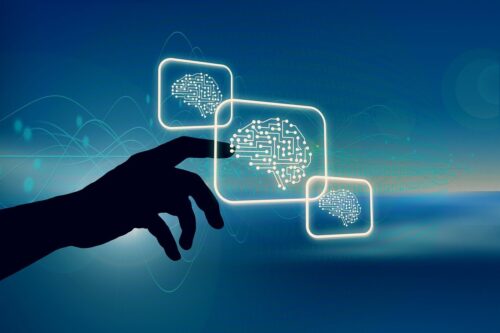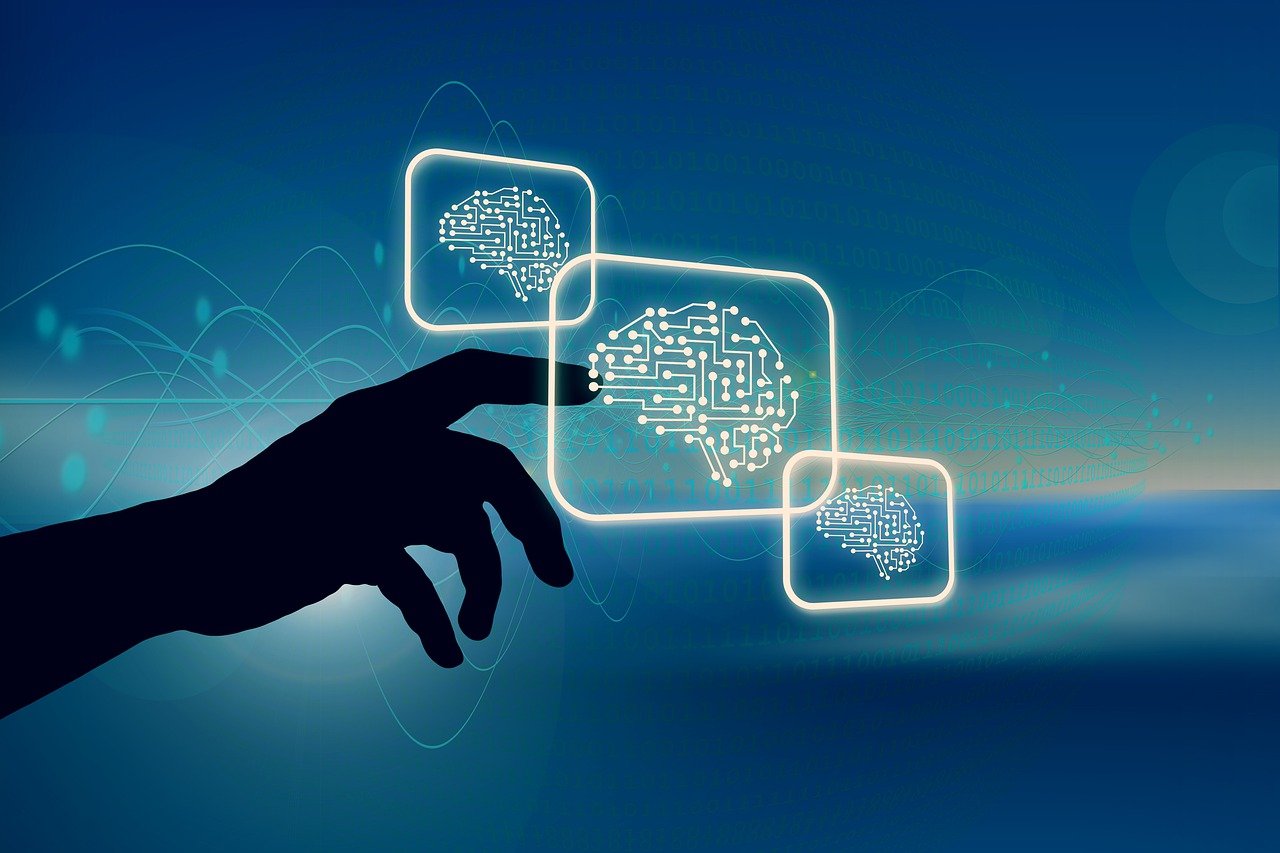Neuroscience of Perception: How Your Brain Actively Builds the Reality You Experience
Introduction: The Brain as Your Personal Reality Architect
Have you ever considered that the “real world” you inhabit is not a fixed, objective reflection of your surroundings, but a unique, personalized construction created within your own head? Our brain is not a passive receiver of information; it’s an active architect that continuously interprets, filters, and shapes every sight, sound, and feeling. This remarkable internal process influences everything from how we see colors to our deepest emotional responses to the world. Understanding this fundamental truth—that perception is creation—unlocks the power to intentionally transform your experience of life.
This comprehensive guide delves into the fascinating neuroscience of perception, revealing how the brain constructs reality from sensory input, using illusions to “fill in the blanks,” the profound difference between subjective and objective experience, and the empowering realization that you possess the power to change your reality from within.
1. The Brain’s Interpretation Engine: Constructing “Reality”
The process of perception is an active, rapid-fire interpretation of raw sensory data, filtered through a lifetime of memory and experience.
From Stimulus to Subjective World
Your brain doesn’t just receive information from the outside world; it actively interprets it. Sensory stimuli (sight, sound, touch, etc.) enter the brain, but before they become conscious experience, they are filtered through your brain’s existing framework: your memories, prior experiences, and learned knowledge. The output of this process is your personalized version of “reality.” For example, seeing an uncertain shape in a dark room and perceiving it as an animal is the brain’s way of filling in sensory gaps and assigning a familiar meaning to ambiguous data.
The Illusion of Completeness
The brain operates under the assumption that the world is stable and complete. To maintain this efficient illusion, the brain performs continuous interpretation and reconstruction. Classic visual and auditory illusions—like the famous Rubin Vase, where you see either a vase or two faces—are vivid demonstrations of the brain’s effort to make sense of ambiguity by forcing images into familiar, coherent patterns. These illusions underscore how easily our perception can be influenced and shaped by internal expectations.
2. Subjectivity vs. Objectivity: The Emotional Filter
Since every brain’s framework is unique, no two individuals experience the same reality; our internal state acts as the dominant filter for perception.
The Personal Nature of Perception
Because each person’s brain uniquely processes and interprets sensory data, perceptions of reality inherently vary from one individual to another. One person might find a sunset breathtaking, while another is completely indifferent. Even when witnessing the exact same event, our interpretation is deeply influenced by our unique brain chemistry, past experiences, and current internal state.
Emotions as Reality-Shaping Lenses
Your emotions and thoughts act as powerful filters through which you view the world. When you are anxious, your brain is primed to perceive threats everywhere, interpreting neutral events as danger signals. Conversely, a state of happiness or joy allows you to view the world through a more positive and expansive lens. The “reality” you experience, therefore, is never purely objective; it is a deeply subjective reality molded by your current mental and emotional state.
3. The Scientific Nexus: Consciousness and Quantum Reality
Modern science, from neuroscience to quantum physics, hints at a profound connection between the brain’s activity and the nature of the external world.
Neuroscience of Consciousness
Contemporary neuroscience confirms that all our perceptions, behaviors, and subjective experiences arise from the complex network of electrical impulses and chemical reactions within the brain. Our inner world is literally a byproduct of our biological activity. Our consciousness, generated by these processes, then dictates how we interact with the world, creating a feedback loop between our internal state and external reality.
The Observer Effect in Quantum Mechanics
Even more profoundly, principles from quantum mechanics—specifically the observer effect—propose that the very act of observation itself can influence the state of matter at the smallest level. While complex, this theory suggests a tangible, deep connection between perception (consciousness) and the external physical world, lending weight to the idea that our minds are fundamentally intertwined with the creation of reality.
4. The Empowerment Principle: You Can Change Your Reality
The greatest insight into the brain’s construction process is the empowerment it offers since your brain creates your reality, you have the power to consciously rewire it.
Rewiring Your Mindset
The fascinating implication of subjective reality is that you possess the power to change it. By intentionally shifting your thoughts, beliefs, and mindset, you can alter how your brain filters and interprets the world. Practicing positive thinking, for example, isn’t just about feeling better; it’s a cognitive technique that can literally shift your brain’s perceptual filter, making life seem more vibrant, joyful, and full of opportunity.
Mindfulness and Intentional Living
This concept is central to effective practices in mindfulness and psychology. By consciously altering your mindset and state of consciousness—through meditation, visualization, or cognitive restructuring—you actively reshape your experience of the world. This focused internal work fosters well-being, resilience, and personal growth, confirming that your mental state is the ultimate tool for creating a more positive and fulfilling external reality.
Summary: Your Brain Holds the Key to Your World

The “world” you live in is fundamentally not a purely objective truth, but a subjective experience meticulously crafted by your brain. Your unique perceptions, heavily shaped by past experiences, emotions, and mental filters, dictate every interaction you have with the world around you. By deeply understanding this process—that your mind is the architect of your reality—you gain the ultimate power to transform your worldview and intentionally create a more positive, abundant, and fulfilling reality from the inside out.
